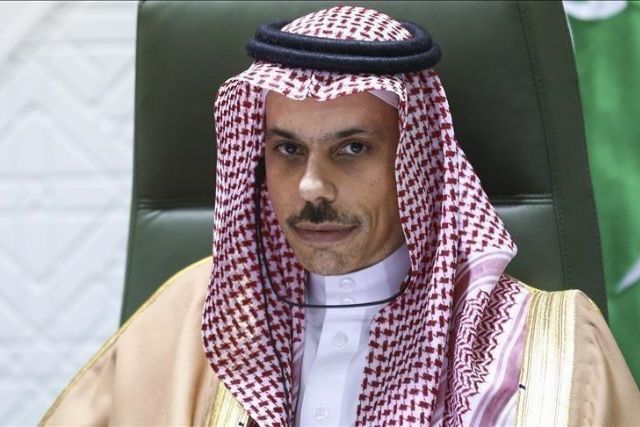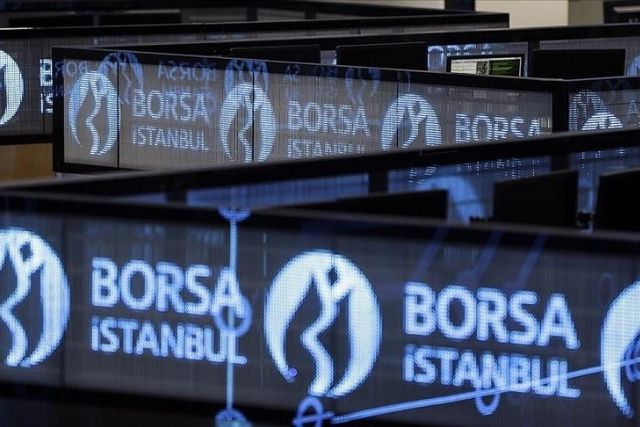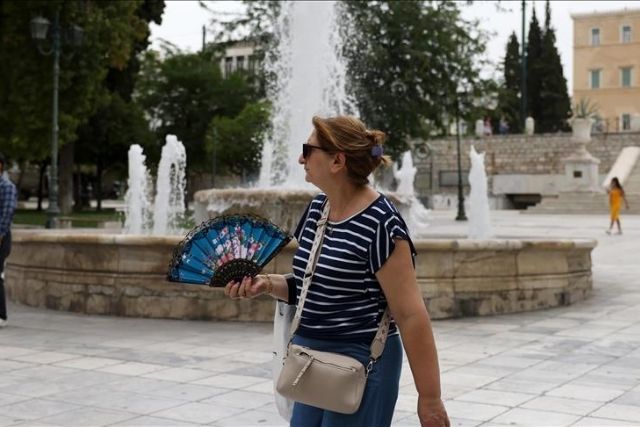Saudi Arabia to continue talks with Iran: Saudi top diplomat
Prince Faisal bin Farhan Al Saud denies reports Saudi Arabia withdrawing troops from Yemen

ANKARA
Saudi Arabia will continue to hold talks with Iran and an additional round of negotiations between the regional rivals was expected soon, the Saudi top diplomat said Saturday.
Prince Faisal bin Farhan Al Saud told FRANCE 24 that four previous rounds of talks were merely “exploratory” rather than substantial, but said both sides were committed to engagement.
But he expressed strong reservations about Iran's nuclear negotiations which are set to resume in a few weeks, citing Tehran's past deception about its nuclear activities.
The foreign minister also denied reports that Saudi Arabia was withdrawing troops from Yemen. The situation was deadlocked militarily and diplomatically, he said, lamenting that the Houthis had not agreed to a Saudi proposal for a cease-fire earlier this year.
Diplomatic efforts to break the ice between Iran and Saudi Arabia have intensified in recent months, with officials on both sides citing progress in talks brokered by Iraq.
Four rounds of talks have been held in Baghdad since April to ease tensions that first sparked in January 2016 following attacks on two Saudi diplomatic missions in Tehran and Mashhad triggered by the execution of a prominent Shia cleric in Saudi Arabia.
There is already a buzz about the two sides agreeing to reopen consulates as a first step toward restoring diplomatic ties, even though many contentious issues remain unresolved, most notably Yemen.
Iranian Foreign Minister Hossein Amir-Abdollahian acknowledged last week during a visit to Lebanon that talks with Saudi Arabia have "gone a good distance" and he is hoping to see the end of tensions in the region.
The Saudi foreign minister said his country is serious about talks with Iran, a development seen as a signal to repair relations between the two longtime rivals.
“We are serious about the talks. For us, it's not that big a shift. We've always said we want to find a way to stabilize the region,” he said in an interview with British newspaper The Financial Times published Friday.





